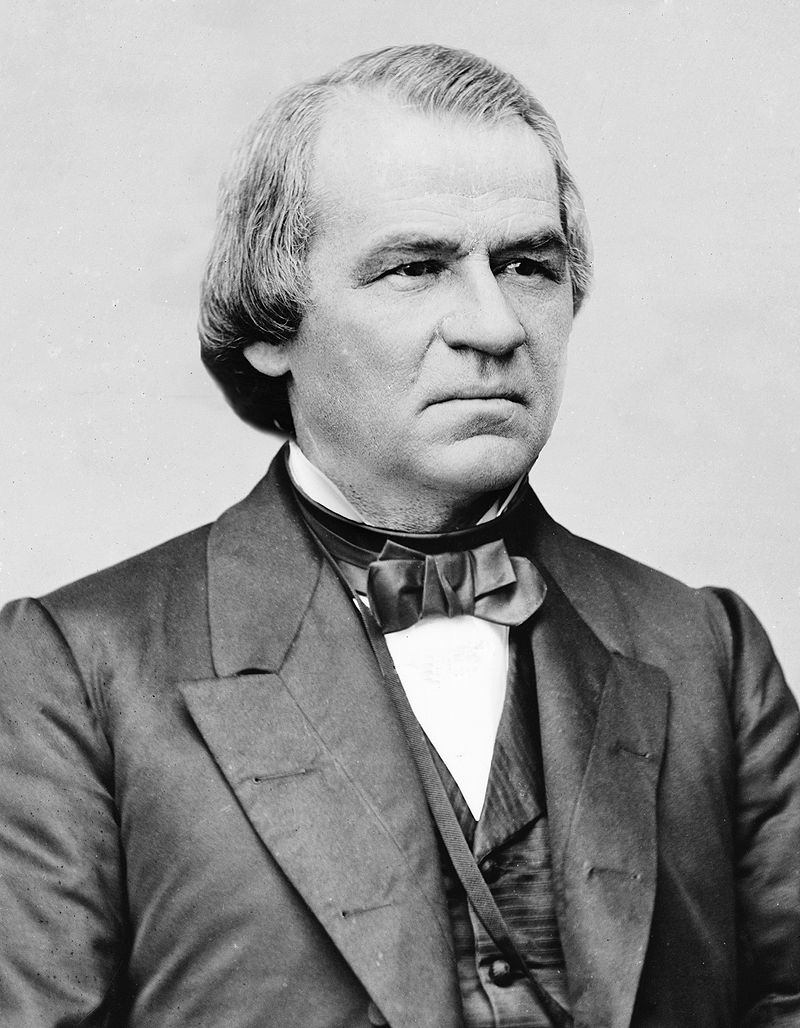In the aftermath of the Civil War, the United States was at a critical juncture in its quest for racial equality. A pivotal moment in this struggle came on April 9, 1866, when Congress, in a historic move, overrode President Andrew Johnson’s veto to enact the Civil Rights Act of 1866. This landmark legislation, which granted citizenship and equal rights under the law to all persons born in the U.S., regardless of race, was a game-changer. It marked a significant milestone during Reconstruction, setting the stage for future civil rights protections.
The Civil Rights Act of 1866 was a direct response to the oppressive Black Codes, a series of laws enacted by Southern states to curtail the freedoms of African Americans. Despite President Johnson’s veto, Congress, unwavering in its commitment to the rights of freed slaves, took the unprecedented step of overriding the veto, thereby enacting the bill into law.
This landmark act declared that all persons born in the United States (excluding Native Americans) were citizens and had the same rights as white citizens, including owning property, making contracts, and accessing the judicial system. While enforcement remained a challenge, the bill set a crucial precedent for future civil rights legislation, including the 14th Amendment, which solidified citizenship and equal protection under the law.
Interesting Facts about the Civil Rights Act of 1866:
- This was the first time in U.S. history that Congress overrode a presidential veto on a significant piece of legislation.
- The act directly influenced the drafting and ratifying of the 14th Amendment in 1868.
- The Civil Rights Act of 1964 reinforced many of its provisions nearly a century later.
- The Civil Rights Act of 1866 was a defining moment in America’s quest for equality. Despite opposition, it laid the foundation for the legal rights of African Americans and shaped the course of U.S. history.

